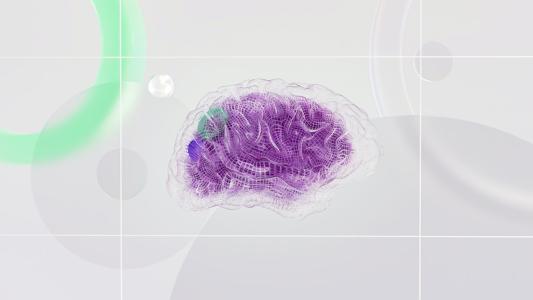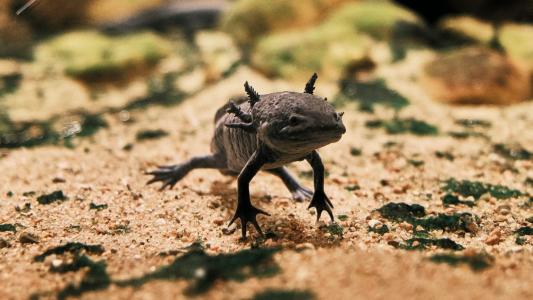Neuroscience
Deep brain stimulation can be life-altering for OCD sufferers when other treatment options fall short
Deep brain stimulation relies on thin electrodes implanted deep in the brain that deliver electrical currents. Could it treat OCD?
It may be possible to treat inherited blindness, even in adults
A new mouse study suggests that synthetic retinoids may be able to help restore vision in adults with Leber congenital amaurosis.
Three reasons “you” won’t return after this life
Entire religions are constructed around theories of an afterlife, but former monk Stephen Batchelor lists three reasons you won't come back.
Scientists claim “never before” seen results in ALS clinical trial
The ability of tofersen, a gene-based treatment for ALS, to improve symptoms is being hailed as a “treatment milestone.”
Study finds a striking difference between neurons of humans and other mammals
Researchers identified a “building plan” that holds true for every species they looked at — except for humans.
New Alzheimer’s drug slows mental decline by 27% in clinical trial
Eisai and Biogen are reporting that their new Alzheimer’s antibody slowed cognitive decline by 27% in a global trial.
Shape-shifting DNA is helping researchers decode the human brain
Researcher Nako Nakatsuka has turned to DNA to tackle an important challenge: how do we measure chemicals in the brain?
Brain-zapping tech improves memory by more than 50%
A brain-zapping "memory prosthesis" funded by DARPA improved trial participants' ability to retain new information by more than 50%.
Creatine, a popular exercise supplement, might help treat depression
Creatine shows promise as a treatment for depression, boosting the effects of SSRIs and potentially working as a standalone medication.
Axolotls can regenerate their brains
Axolotls are a model organism researchers use to study a variety of topics in biology because of their regenerative abilities.









